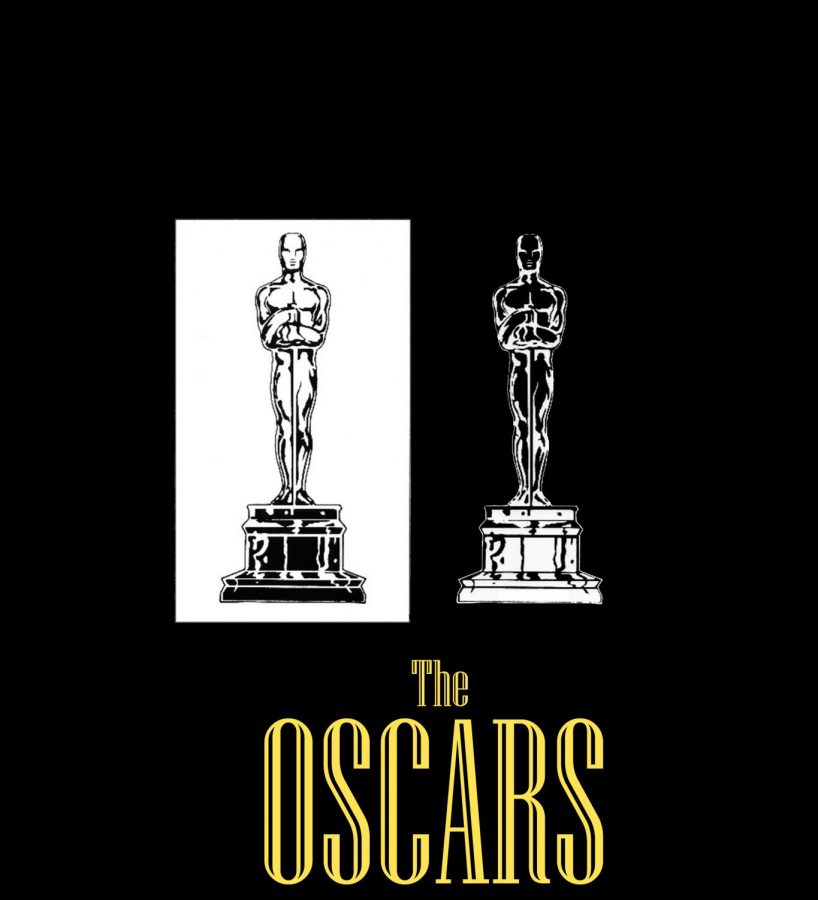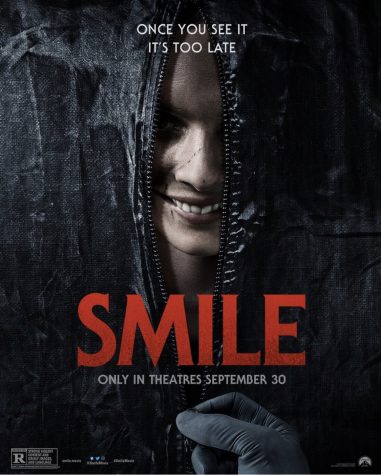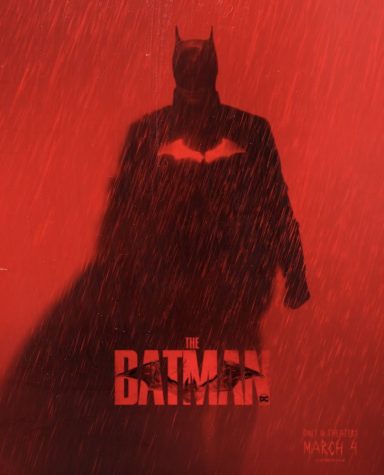Academy Awards Controversy
This year’s Academy Awards ceremony has been plagued by controversies, the latest of which stemming from their decision not to broadcast the presentation of four awards during the ceremony: cinematography, film editing, live action short, and makeup and hair-styling.
This decision, announced on Feb.11, reflected an attempt by the Academy to shorten the broadcast to three hours, rather than its usual four. Predictably, this announcement was met with backlash from Academy members and fans alike, and the decision was subsequently reversed, but only somewhat.
The Academy presented the four awards during commercial breaks throughout the evening. They then partially edited the acceptances and aired them during a later part of the show. Viewers that wished to view the Oscars in its entirety streamed the Oscars in realtime on the Oscars website for the first time in the award show’s history.
Many critics said that the decision not to air these awards implies they are somehow less important than the others, despite the fact that, as Oscar-winning director Alfonso Cuaron pointed out, “In the history of CINEMA, masterpieces have existed without sound, without color, without a story, and without music. No one single film has ever existed without CINEMAtography and without editing.”
Additionally, it must be asked: how much of a difference does it make to cut down the ceremony by half an hour? It is reasonable to assert that those who were not interested in watching a four hour broadcast may be likewise uninterested in watching one that is three hours.
Of course, this is only one of many scandals to rock this year’s Academy Awards. Last month, Variety reported that only two of the five Best Original Song nominees would perform at the ceremony— “Shallow” by Lady Gaga and “All the Stars” by Kendrick Lamar and SZA. Once again, this decision was quickly reversed following a large backlash.
Typically, all nominees are given the opportunity to perform, but, again, the Academy claims this decision was driven by its desire to decrease air time. This decision seems to favor certain nominees over others, creating the illusion that there are “finalists” within the group of nominees. However, many viewers also supported this idea, pointing out that inviting all nominees to perform is a relatively new practice.
One of the earliest controversies to rock this year’s awards came in August when the Academy announced that they would be adding a new category to the show: Achievement in Popular Film. Many viewers were critical of this decision, accusing the Academy of using this as a way to avoid nominating films that enjoyed popular success, such as “Black Panther,” for Best Picture. This is not what the Oscars are about. They should be celebrating the best achievement in film, whether those films were popular or not.
Of course, perhaps the most infamous debacle stemming from this year’s awards was the fast rise and fall of Kevin Hart as host. When Hart’s old homophobic tweets resurfaced, he stepped down from his duties, yet the Academy refused to find a new host. While this move no doubt made for an interesting ceremony, it also sent the uncomfortable message that if the Academy can’t have Kevin Hart, then they don’t want anybody.
Despite all of the setbacks and scandals already faced by this year’s Academy Awards, this year’s ceremony was still entertaining. Who knows, maybe the constant publicity helped the Academy increase viewership.








